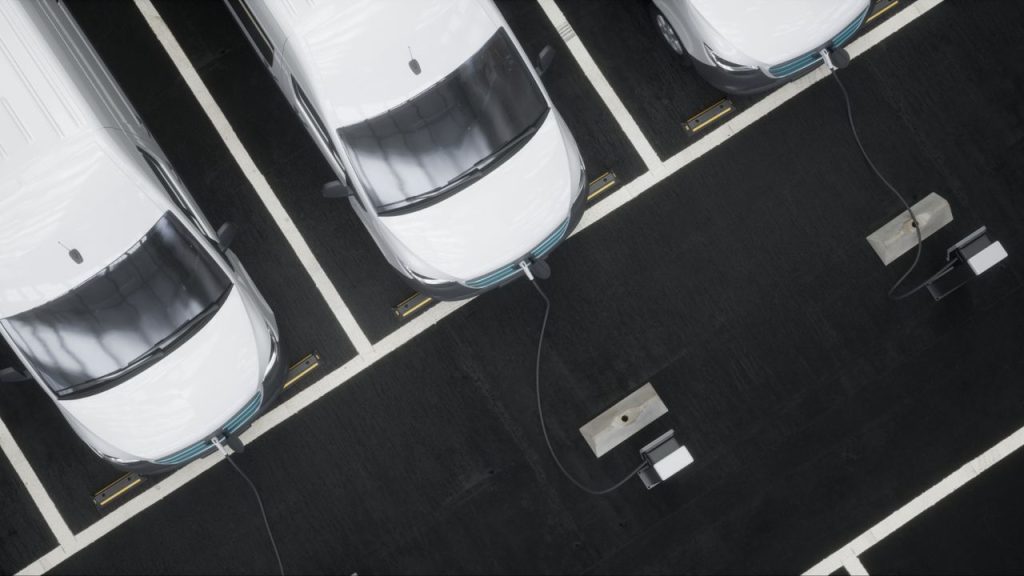Electric Car Leasing vs. Buying: Making the Right Choice for Your Future
As we move towards a greener and more sustainable future, electric vehicles (EVs) have become increasingly popular. With their lower emissions and potential cost savings, many people are considering making the switch from traditional gasoline-powered cars to electric ones. However, the decision to lease or buy an electric car can be a difficult one. In this article, we will explore the lease return process, long-term costs, and electric vehicle financing to help you make an informed choice.
The Lease Return Process
Leasing an electric car offers several advantages, one of which is the ease of the lease return process. At the end of your lease term, you simply return the vehicle to the dealership, and you can choose to lease a new model or explore other options. This eliminates the hassle of selling a car and dealing with potential depreciation.
Additionally, leasing allows you to drive a new electric car every few years, which means you can take advantage of the latest technological advancements and improvements in EVs. This is especially beneficial in the rapidly evolving electric car market.
Long-Term Costs
When it comes to long-term costs, buying an electric car may seem like a more expensive option upfront. However, it is important to consider the total cost of ownership over the vehicle’s lifespan. While leasing may have lower monthly payments, you do not own the car at the end of the lease term.
On the other hand, buying an electric car allows you to take advantage of federal and state incentives, such as tax credits and rebates, which can significantly reduce the overall cost. Additionally, owning an electric car means you can benefit from lower fuel and maintenance costs compared to traditional gasoline-powered vehicles.
Electric Vehicle Financing
Financing an electric car can be a daunting task, but there are several options available to make it more affordable. Many automakers and financial institutions offer special financing programs for electric vehicles, including low-interest rates and flexible terms.
It is also worth exploring the possibility of leasing with an option to buy. This allows you to lease the electric car initially and then decide whether to purchase it at the end of the lease term. This can be a good option if you are unsure about committing to a long-term ownership but want the flexibility to buy the car later on.
Conclusion
Deciding whether to lease or buy an electric car is a personal choice that depends on your individual circumstances and preferences. Leasing offers convenience and the ability to drive a new model every few years, while buying provides long-term cost savings and ownership benefits.
Regardless of your choice, it is important to consider the lease return process, long-term costs, and electric vehicle financing options. By doing so, you can make an informed decision that aligns with your future goals and contributes to a more sustainable world.


